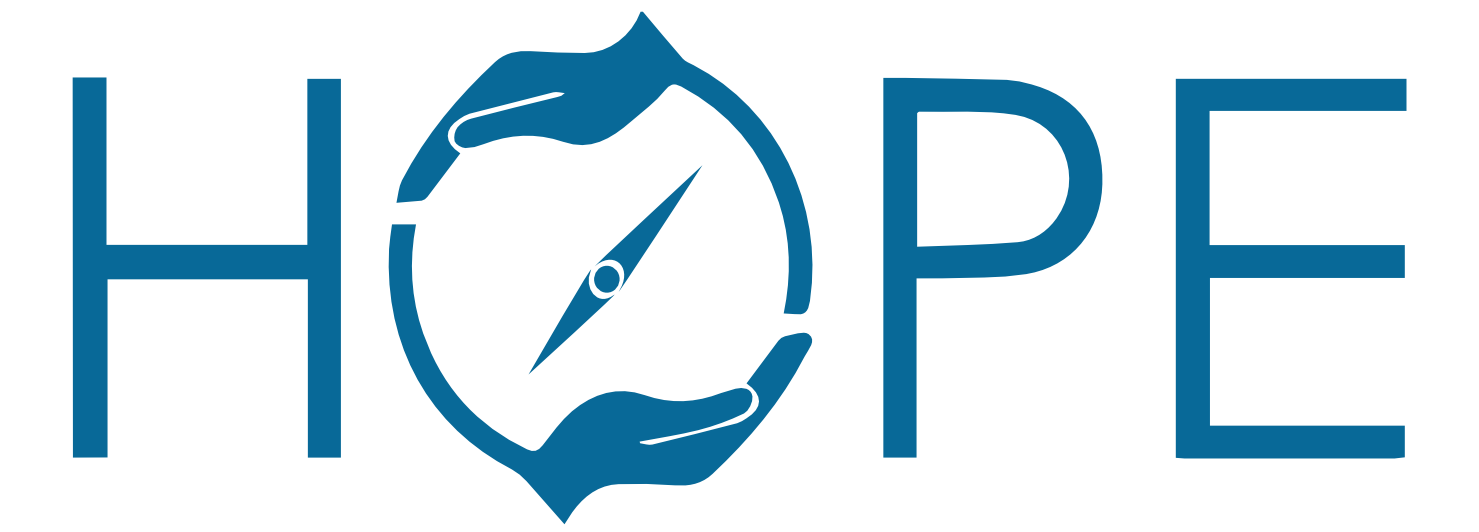Mental health is an essential aspect of our overall well-being, yet many struggle to recognize when they or someone they care about needs a mental health intervention.
In a survey done in 2022, the National Institute of Mental Health reports that more than one in five adults living in the US has a mental illness. Understanding the early signs can make all the difference in promoting recovery and enhancing quality of life.
In this post, we’ll explore how to identify these mental health warning signs and find the appropriate support.
Signs That Indicate a Need for Intervention
Identifying mental health issues early is crucial. If you or someone you know experiences prolonged changes in mood, behavior, or social engagement, it might be time to consider a mental health intervention.
Here are some key signs that warrant attention:
- Persistent sadness or mood swings: Frequent feelings of hopelessness or a rollercoaster of emotions can indicate underlying issues.
- Withdrawal from social activities: If a usually outgoing person suddenly isolates themselves, it’s a potential red flag.
- Changes in eating or sleeping habits: Noticeable changes in appetite or sleep patterns are common early intervention signs.
- Difficulty concentrating: If maintaining focus becomes a struggle, it can indicate mental health challenges.
- Increased anxiety or irritability: Heightened feelings of stress or irritability are significant signs.
Recognizing Mental Health Warning Signs
Being proactive in recognizing these symptoms can facilitate quicker access to necessary support. Speak with a healthcare professional or encourage open dialogue with friends and family about mental health concerns.
Real-life stories of recovery can serve as powerful motivators to seek help when needed. In fact, it’s not uncommon for individuals to share that they wished they had sought intervention earlier.
If you or a loved one identifies these early intervention signs, it’s paramount to approach the situation with empathy and support. A mental health support guide can assist in navigating this terrain effectively.
When to Seek Mental Health Intervention
Knowing when and how to seek a mental health intervention is as vital as recognizing the signs. If symptoms persist or worsen, it’s crucial to consult a mental health professional.
Therapy and counseling can provide the necessary tools for coping and healing. Usually, more severe cases may require medical intervention or medication, especially if suicidal thoughts occur.
The stigma around mental health often deters you from seeking help. Normalizing conversations around these issues and advocating for supportive environments where seeking help is welcomed is essential.
Empower Yourself to Act
Recognizing the early intervention signs and understanding when to seek a mental health intervention can profoundly impact your life. Change begins with awareness and willingness to engage in conversation about mental health. By educating yourself and others on these essential signs, we can create a culture of compassion and support.
HOPE Guides is all about assisting you in transforming your life and attaining your objectives with personalized and professional support. Our team of qualified life coaches teaches crucial life skills, including mental health interventions.
Know that you’re not alone and help is available – schedule a session today for a professional service.



